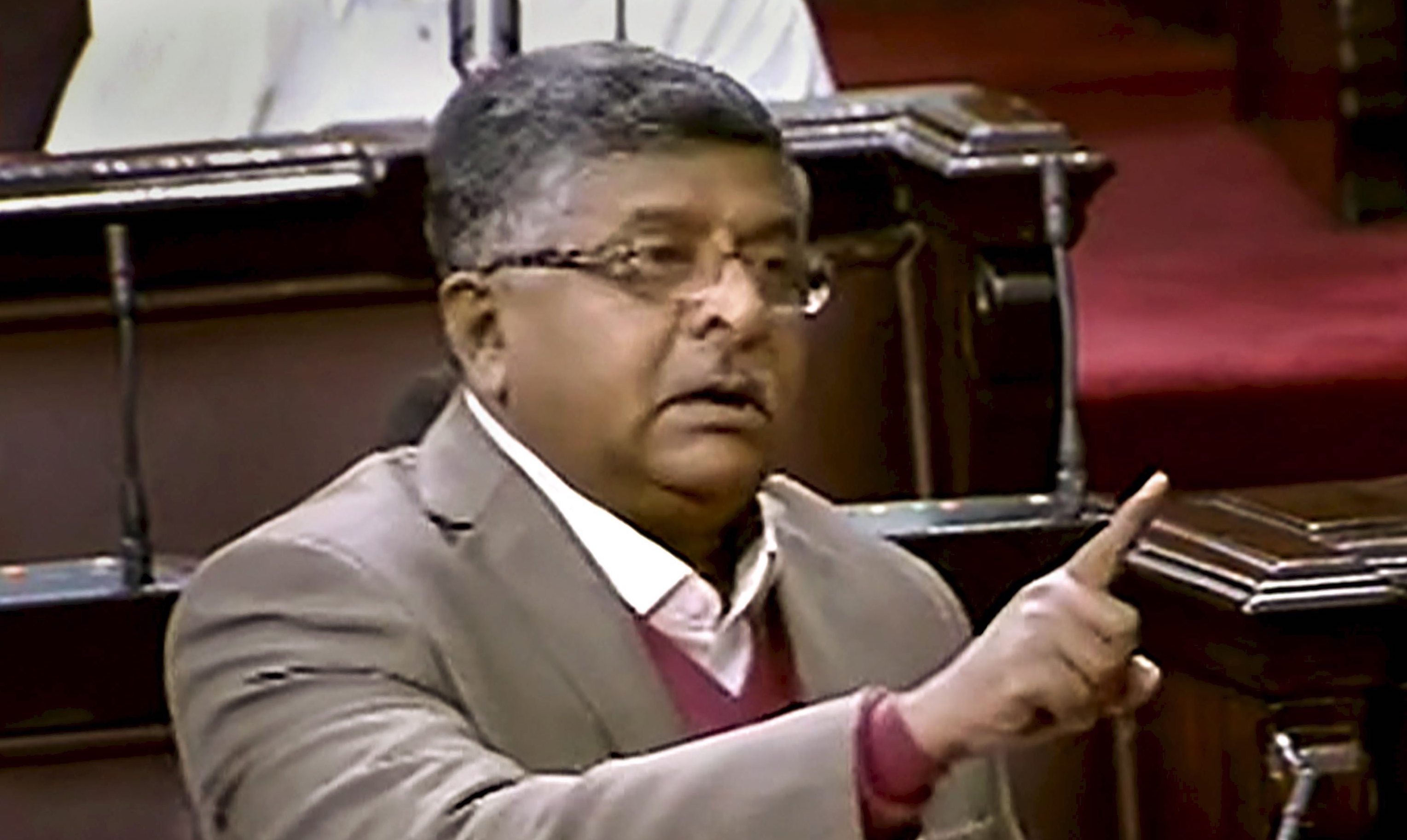In On Liberty (1859), John Stuart Mill argued that the only purpose for which power can be rightfully exercised by the State over any member of a civilized society is to prevent harm to others (known as the ‘harm principle’). Section 4 of the Muslim women (protection of rights on marriage) bill, 2018 — which criminalizes pronouncement of instant triple talaq (talaq-e-biddat) — falls foul of this principle and cannot be said to be a “rightful exercise” of legislative power.
In India, Parliament has a near-absolute right to enact a legislation, including a penal statute. And unlike in many Western jurisdictions, Indian constitutional courts do not have wide powers of judicial review and laws made by Parliament, if within the confines of the legislative powers enumerated in the Constitution, can only be struck down on the basis of judicially-evolved parameters based on reasonableness, arbitrariness, strict scrutiny and proportionality.
In many cases, the Supreme Court has held that it is permissible for Parliament to impose a punishment as long as there is ‘some’ purpose behind the punishment. Once Parliament prescribes a punishment for an offence to fulfil a valid purpose, courts cannot review the extent or degree of the punishment so prescribed, unless it is ‘outrageously disproportionate’ or is so inhuman that it cannot be accepted by any standard of decency.
The debate on the instant triple talaq bill has largely centred on the issue of proportionality. Opponents of the bill have pointed out that a three-year imprisonment for pronouncing instant triple talaq is harsh and disproportionate. The main problem with the bill, however, is not related to the extent or degree of the punishment. In fact, in some cases, even a day’s arrest, detention or restraint may be constitutionally impermissible.
Instead, the primary problem with the bill is that it fails to persuade that imprisonment for uttering triple talaq is necessary and advances a traditional penological objective. According to Mill, the State’s use of power to impinge upon human liberty can only be said to be rightful and legitimate if it is aimed at preventing harm to others. On Liberty notes that, while certain attributes such as impoliteness, insincerity, envy and selfishness may merit moral reprobation, they do not warrant imprisonment. The State must act responsibly in the use of force if it is to retain its position as the legitimate wielder of the power to punish.
The question, therefore, is this: can pronouncement of instant triple talaq be considered so harmful as to warrant imprisonment? After the Supreme Court’s verdict in Shayara Bano versus Union of India, instant triple talaq has no value in the eyes of the law and, therefore, does not dissolve the marriage. The apex court’s judgment has effectively reduced instant triple talaq to mere spoken words. The bill notes in its statement of objects and reasons that even after the apex court’s verdict, the practice of triple talaq continues to subsist and must be stopped. However, it does not explain the need or purpose for the prescribed punishment.
In view of the apex court’s decision, there is no conceivable harm — mental or physical — that the wife can experience at the pronouncement of triple talaq. Proponents of the bill have argued that the pronouncement continues to impact a Muslim wife in many ways, not just legally. But that is true in all kinds of divorces. Most likely, such cases would be covered under Section 95 of the Indian Penal Code, which exonerates an individual for causing to another individual any harm that “is so slight that no person of ordinary sense and temper would complain of such harm.” Pronouncement of triple talaq is undoubtedly ‘morally’ wrong, but it should, at best, invite moral reprobation, not imprisonment.
Mill also argued, as a corollary, that the State can rightfully compel a citizen to act, or sanction an omission, if doing of the act benefits others in the society. Punishment provided in the IPC, for example, for not cooperating with investigating officers, is justified on the ground that such cooperation would help the cause of justice. By making instant triple talaq invalid, the apex court has already provided the much-needed relief to Muslim women and the imprisonment stipulated in Section 4 of the bill does not give them any additional benefit.
On the contrary, the bill will ill serve the interests of Muslim women. Under Section 7(a) of the bill, only the wife or any person related to her by blood or marriage, can report the offence to the police. It is common knowledge that women hesitate to report cases of domestic violence to avoid harassment at the hands of law enforcement officers and to save the marriage. In some cases, the victim confides in her friends, but under the bill, the woman’s friend cannot report the offence.
Where cases are indeed reported, a woman would be constrained to settle the matter before a magistrate, especially in cases where she is wholly dependent on her husband’s income. And in cases that do end up in trial, it would be a near-impossible task for the prosecution to prove beyond reasonable doubt that triple talaq was pronounced. Finally, a husband may circumvent the spirit of the bill by abandoning his wife and contracting a second marriage, without pronouncing triple talaq.
The bill is aimed at ensuring “the larger Constitutional goals of gender justice and gender equality of married Muslim women and help subserve their fundamental rights of non-discrimination and empowerment”. This is a noble objective, but putting restrictions on human liberty is not a legitimate way to achieve it.













